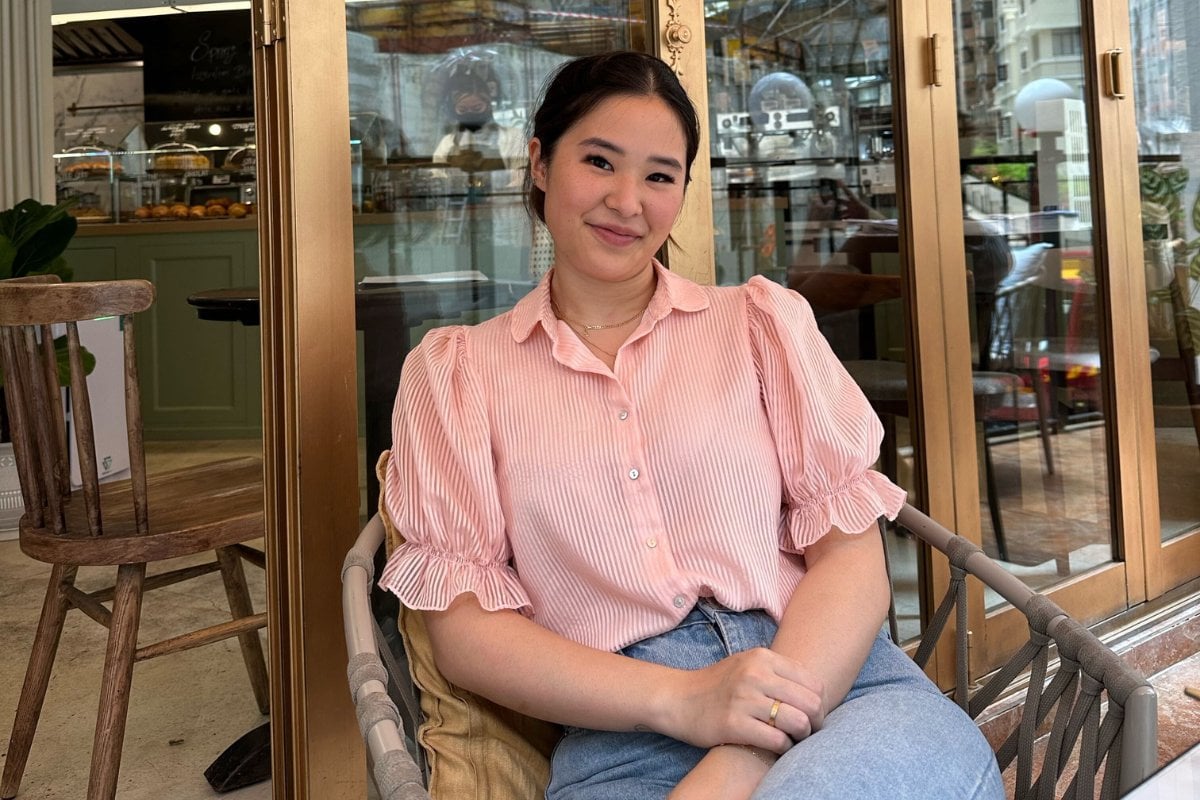
As a child, I was constantly inundated with the same images on television: beautiful white people with interesting stories to tell. On the rare occasion I did see an Asian female character on screen, they were either hyper-sexualised, a martial arts sidekick, a socially awkward brainiac, or a timid, obedient girl being pursued by a powerful, white man.
I could not identify with any of these tropes as a child, and as an adult, I still can't.
Only in my teenage years did I come to realise how detrimental this misrepresentation was for the perception I had of myself, not to mention other East Asian people.
Watch: Imbram X. Kendi, author of How To Be An Antiracist, explains why saying "I'm not racist" isn't enough. Post continues after video.
Growing up, as I am sure many East Asian kids can relate to, I received plenty of "ching chongs" or "your eyes are so small - how do you even see?". Very quickly, I became ashamed of the way I looked and even the sound of my own language made me cringe in embarrassment. This yearning to fit in completely overpowered my will to understand or connect with my culture.
Although I am and have always been fluent in Cantonese, at school, I did everything in my power to appear as detached from my language and culture as possible. I had been conditioned to believe that in order to be considered a 'cool Asian', I had to appear more white. Myself and my Asian peers became obsessed with being coined 'white-washed', a term that differentiated us from them. Those that left behind their culture versus those that were held back by it. As the years went on, I even started to make fun of my culture, imitating a broken Chinese accent and laughing at how funny it sounded.





























































































